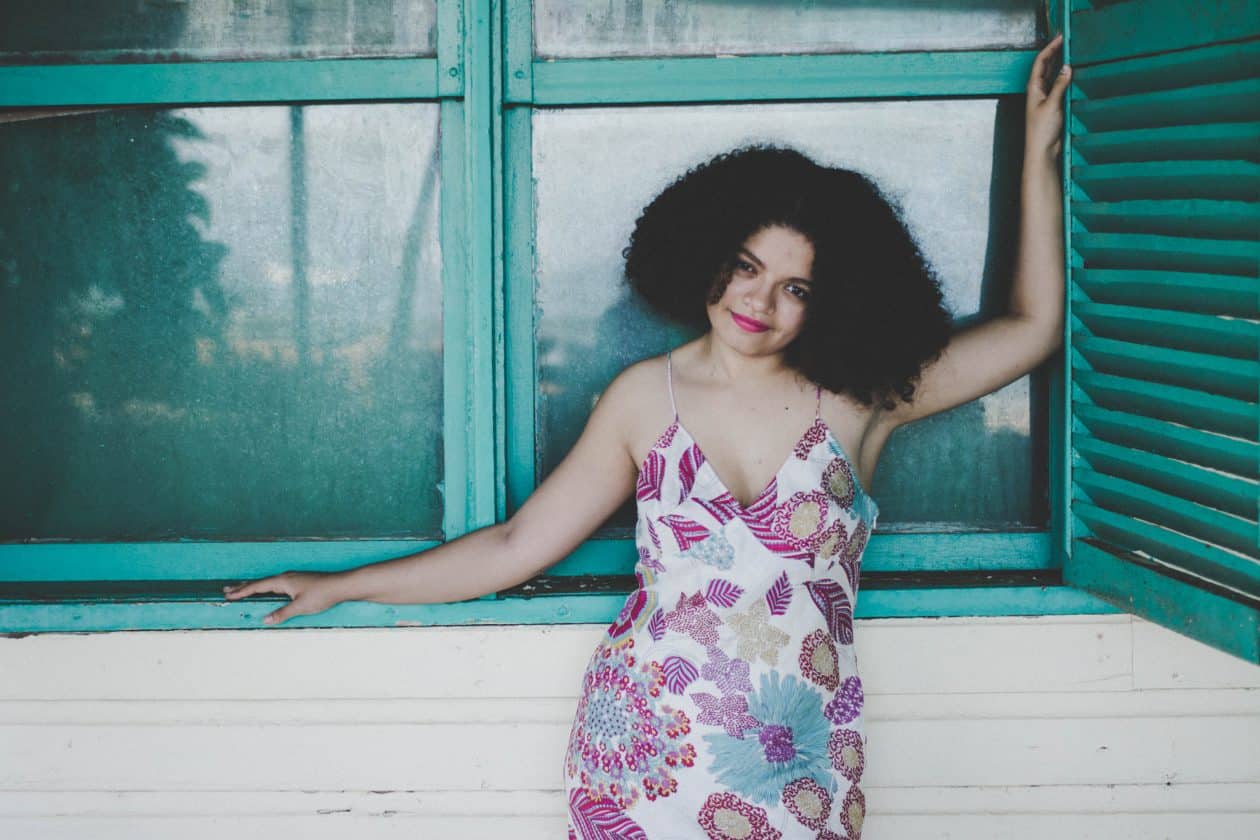When Ceshia Ubau began her musical career in Nicaragua, she knew one day she would leave the country.
She’d take advantage of the first opportunity, a scholarship or something that would help her reach new places that would inspire her. However, she never thought that moment would come under the fear of being killed by the Ortega dictatorship.
The social art of Nicaraguan artists against Daniel Ortega’s regime has become a weapon against the dictatorship. At least two musicians have been imprisoned, and dozens of artists have left Nicaragua due to threats and persecution.
Among them is Ubau, who at 20 years old emigrated to Costa Rica under the fear of the situation in her country. Using her music, she had participated in many of the protests against the Ortega government, putting her in danger.
What started as a “tourist trip” to Costa Rica ended in the reality of not being able to return to her country.
“I came (to Costa Rica) with a cousin for seven days,” Ubau said. “We, in fact, came as tourists. It was a trip arranged before the crisis. I remember that I took my piano and my guitar, thinking that just in case it was better to bring them on with me. Then I saw the Mother’s Day massacre and decided to stay.
“I told my parents, and they understood.”
‘Migration is never easy’
Although the songwriter had always dreamed of leaving Nicaragua due to the lack of artistic opportunities in that country, it has not been easy to create a career in Costa Rica.
“It’s always hard to start from scratch,” she said.
But Ubau was not the first from her family to migrate. In the eighties, her father and brothers traveled to Costa Rica to avoid the ongoing war in Nicaragua. Ubau now lives with relatives who stayed in this country since. She didn’t know that part of the family well, but now they have become essential elements in her adaptation.
She went from studying psychology and having an established place in the Nicaraguan musician scene, to being a stranger in a country that she also didn’t know.
“It’s hard because you do not have contacts or know people,” she said. “Migrating is always hard because everything you know, doesn’t exist anymore. I try to see this as an opportunity to heal, to improve as a person.”
Along the way, Ubau has met several people within the Costa Rican music scene. She has managed to present herself on several stages and plans to release her second album with the help of local producers.
Musical inspirations
For the young singer, “everything gives me inspiration.” The human, its faults and beauties, have been her “muse” since the beginning of her career three years ago.
In “Con los Ojos del Alma,” her debut album, she speaks about depression, violence against women and human insecurities. She believes that music, rather than being just entertainment, is one of the most beautiful ways of communication.
“My main goal with music is to contribute something to Nicaragua, Costa Rica and wherever I go,” she said. “I like to talk about those things that are not spoken. I like that people listen to what I have to say.”
https://soundcloud.com/ceshia-ubau/sets/con-los-ojos-del-alma
In exile, Ubau has been writing songs about the situation in Nicaragua, but she hasn’t released all of them in fear of endangering her relatives who remain in the northern country. However, months ago she premiered “Una Vela”, a song dedicated to all people killed by the Ortega dictatorship — which, according to the Inter-American Commission on Human Rights, numbers at least 317 deaths.
On Oct. 30, Ubau turned 21, away from her closest family and friends — and far from her country, which lives one of the worst human crises in its history. Here, the closest company she has is her guitar and her piano.
The ideas continue to come for new songs that, one day, will tell us about Ubau’s struggles and our own.
https://soundcloud.com/ceshia-ubau/una-vela-ceshia-ubau
Thank you for reading The Tico Times. We strive to keep you up to date about everything that’s been happening in Costa Rica. We work hard to keep our reporting independent and groundbreaking, but we need your help. The Tico Times is partly funded by you and every little bit helps. If all our readers chipped in a buck a month we’d be set for years.






